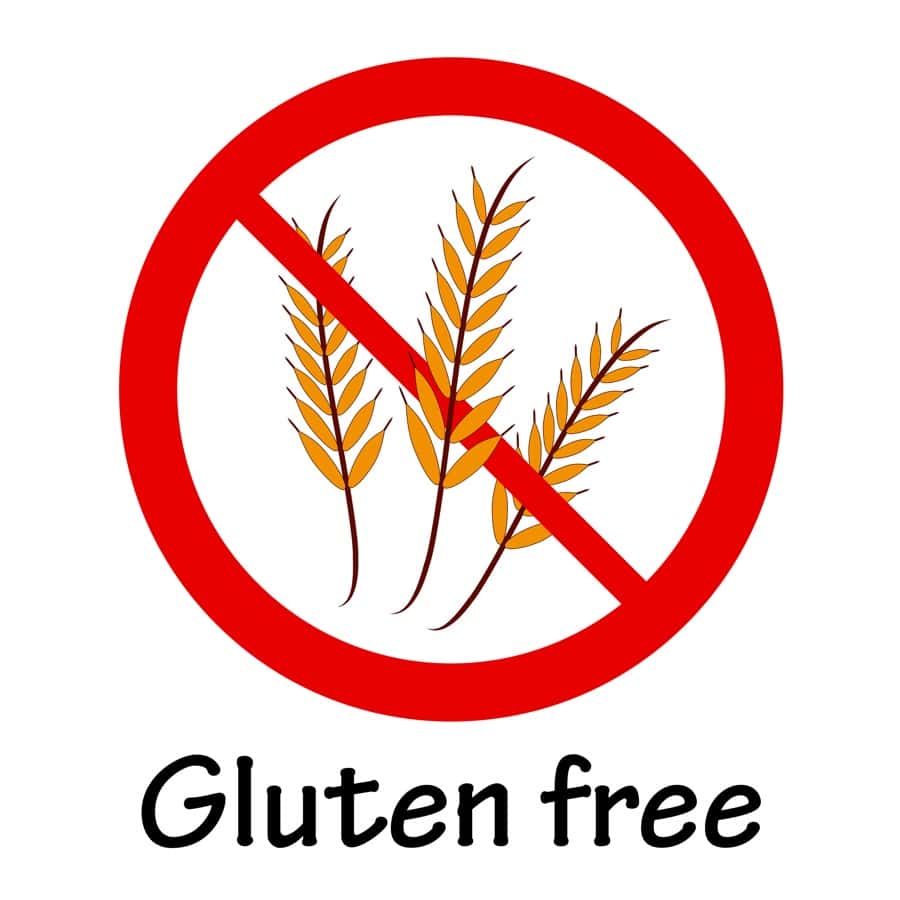
If you suffer from joint pain, you may have wondered why. Most people never get an explanation. Perhaps the doctor suggests that “wear and tear” has broken down the cartilage. When the doctor ends by saying the joint is currently “bone on bone,” patients might justifiably feel that it doesn’t explain very much. While celiac disease is not behind most aching joints, it should be considered as a possible cause of joint pain. To treat celiac disease, a person must conscientiously avoid all gluten. Will following a gluten-free diet ease arthritis pain?
A Link Between Gluten and Arthritis:
Q. Has anybody ever told you that going gluten-free helped their arthritis? Both my husband and I got this benefit.
About twenty years ago, before gluten was a “thing,” I was trying to boost my energy. I went on a diet eliminating all dairy, legumes and grains. After about three weeks my energy was only a little better, but I realized that my hands no longer hurt. My husband had been having painful joints in his hands too, so he eliminated all three foods and his hands got better as well.
We then experimented by adding back certain foods one by one and found that it was the gluten-containing grains alone that caused our pain. After many years of strict avoidance, we find that we can now enjoy a slice or two of good quality bread occasionally without repercussions.
How Could a Gluten-Free Diet Ease Arthritis Pain?
A. Two conditions might be relevant in your case. The first is celiac disease. People with this autoimmune disorder cannot tolerate gluten at all. When they consume it, they may suffer a range of symptoms, including fatigue and abdominal discomfort as well as bone and joint pain (Canadian Journal of Gastroenterology, Aug. 2013). You and your husband should be tested, but the test works best after several weeks eating gluten-containing foods.
The second condition is non-celiac gluten sensitivity, which can also cause joint pain as well as many other symptoms (Annals of Nutrition & Metabolism, Nov. 26, 2015). Your strategy is perfect for this type of problem.
Citations
- Pulido O et al, " Clinical features and symptom recovery on a gluten-free diet in Canadian adults with celiac disease." Canadian Journal of Gastroenterology, Aug. 2013.
- Catassi C, "Gluten sensitivity." Annals of Nutrition & Metabolism, Nov. 26, 2015. DOI: 10.1159/000440990

